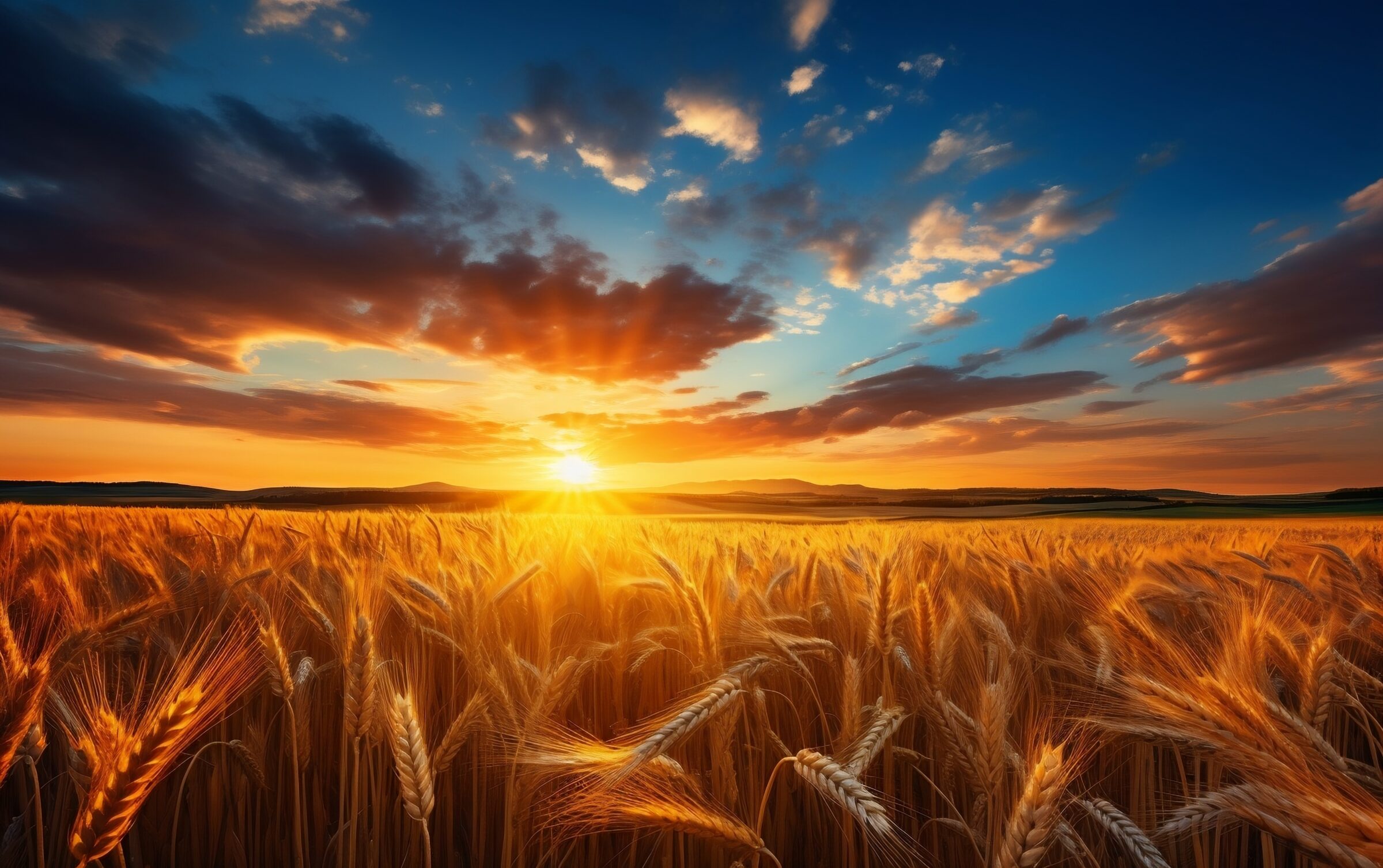Wealth & Poverty Review Growth, Innovation, and Human Flourishing on an Infinitely Bountiful Planet with Marian Tupy
View at the Bill Walton ShowYou can’t fix what is wrong in the world if you don’t know what’s actually happening.
Polls show that most smart people tend to believe that the state of the world is getting worse. In the United States, almost 3/4 of Americans believe the world is getting worse and only 6% think it’s getting better.
But according to Marian Tupy, our guest on this episode, “this dark view of the prospects for humanity, and the natural world is, in large part, badly mistaken.”
As a senior fellow at the Cato Institute’s Center for Global Liberty and Prosperity, coauthor of the Simon Abundance Index and editor of the website HumanProgress.org, he has produced compelling research on this topic.
Abundant evidence from individual scholars, academic institutions, and international organizations shows dramatic improvements in human well-being throughout much of the world. In recent decades, these improvements have been especially striking in developing countries where there’s been a significant decline in extreme poverty and improvements in child mortality rates.
For thousands of years, the average income around the world was about $2 per person per day. Today, globally, it’s $35. So the average inhabitant of the world adjusted for inflation is 18 times better off than he or she was 200 years ago.
“These days, young people especially are freaked out about the environment. They think everything is bad,” observes Marian. “That is not true. The United States and the European Union have added 35% more new forests in recent decades. China, 15% more forests.”
Unfortunately, there is often a wide gap between the reality of human experience, which is characterized by incremental improvements, and public perception, which tends to be quite negative about the current state of the world and skeptical about humanity’s future prospects.
“Journalism is about things that happen, not things that don’t happen,” explains Marian. “When a bunch of crazy fanatics fly an airplane into a building in New York, it ends up on all the front pages. But what is never covered is human progress, the things that are happening in the background every year, like how by quarter of a percent or half a percent, absolute poverty is declining and growth is increasing.”
Tupy emphasizes the importance of economic and political freedom in driving these positive changes, and that we do need to worry that these freedoms are under attack throughout the world.
Tupy brings abundant historical and real world evidence to support this assertion. We ignore these basics at our peril.

